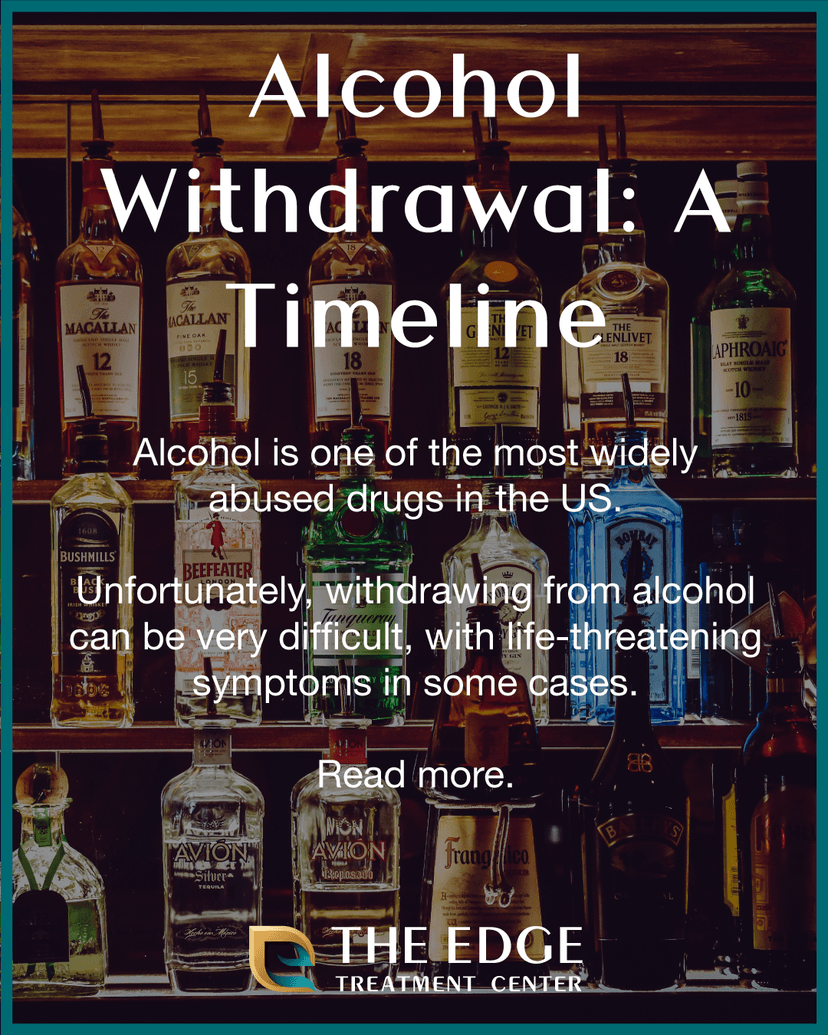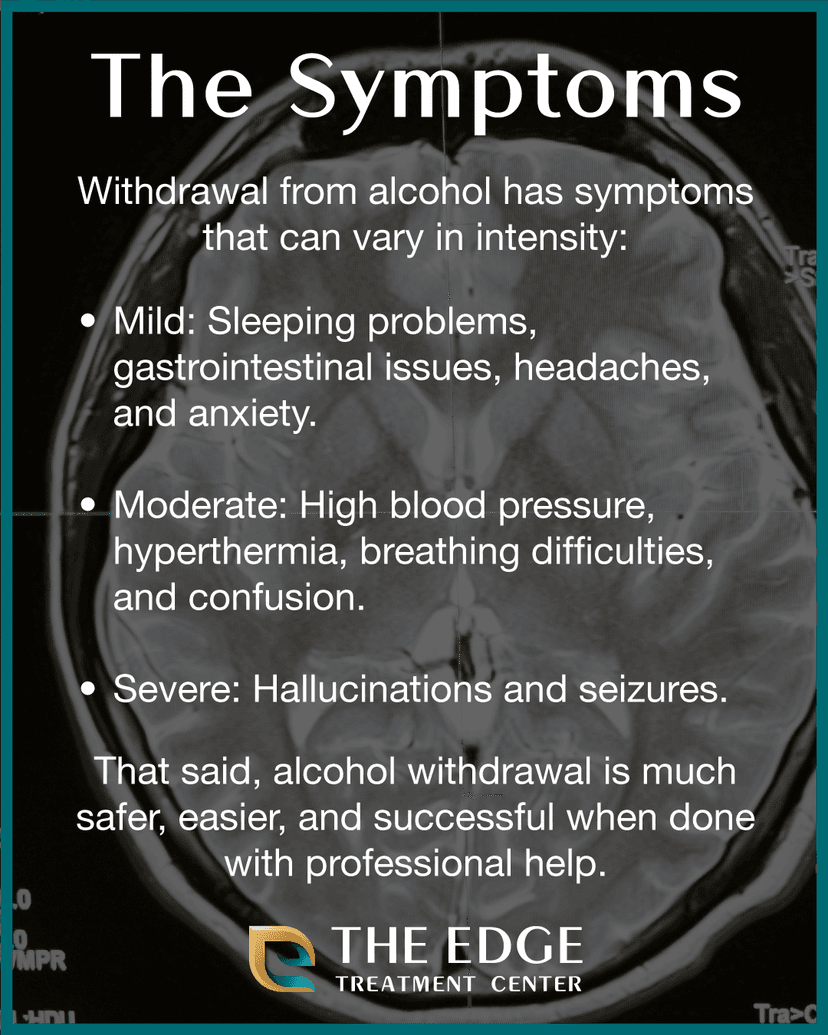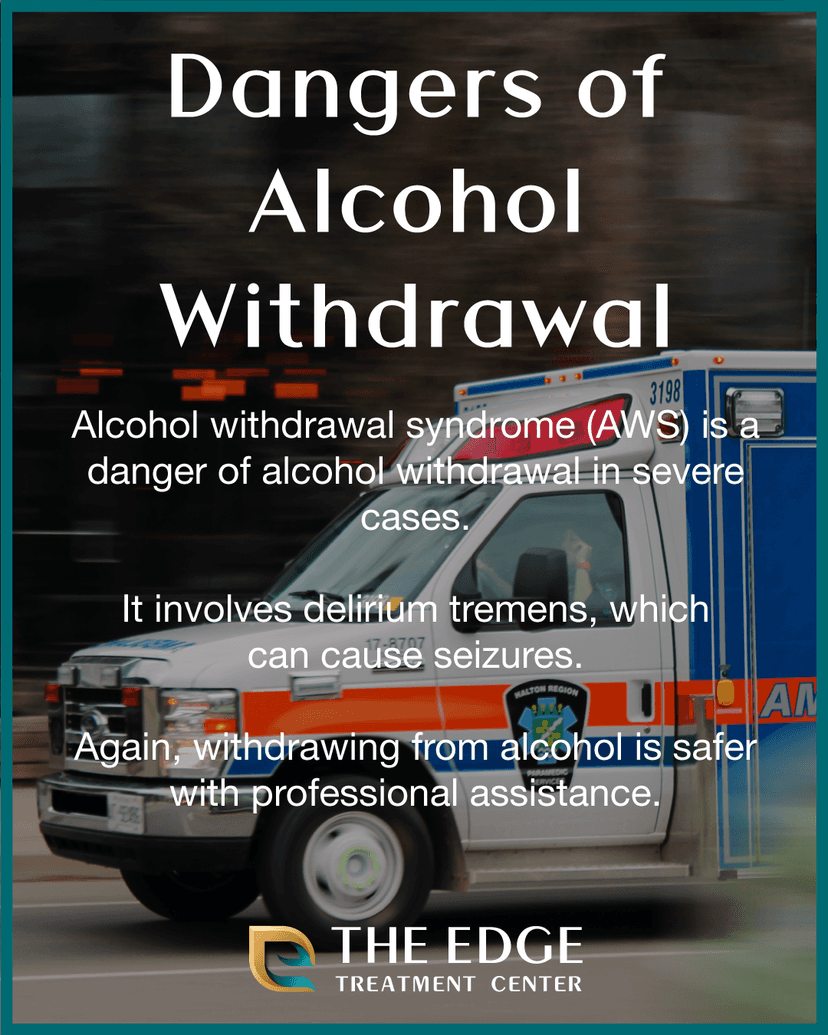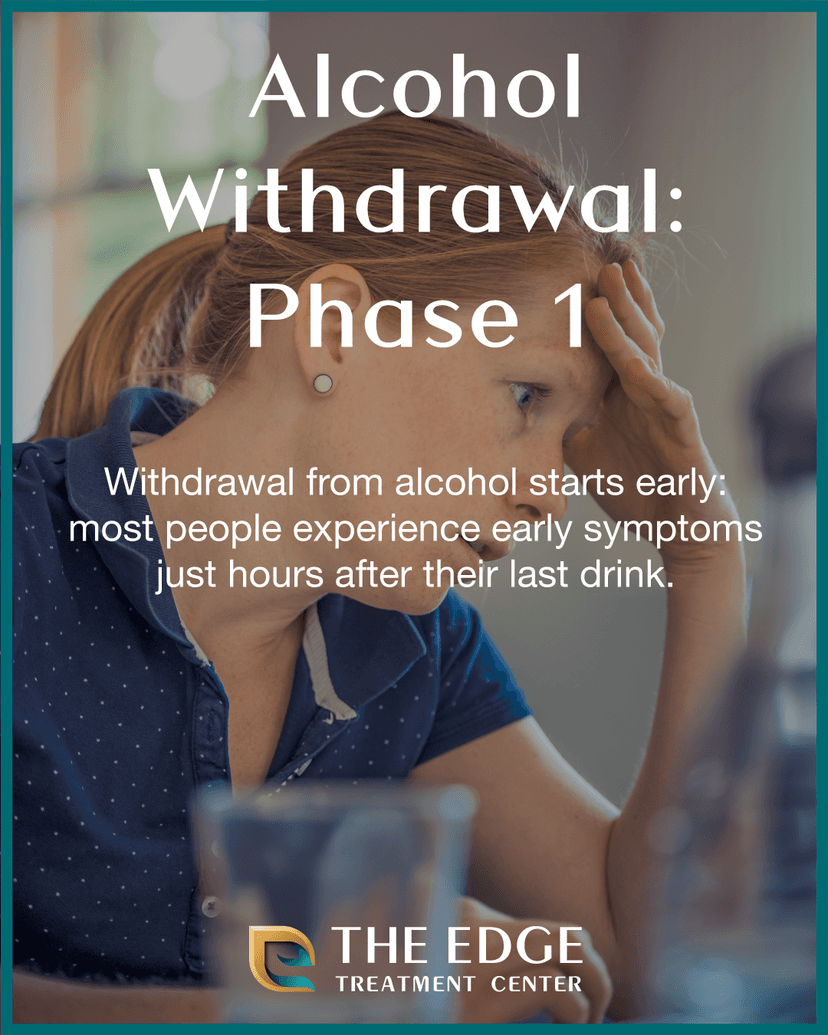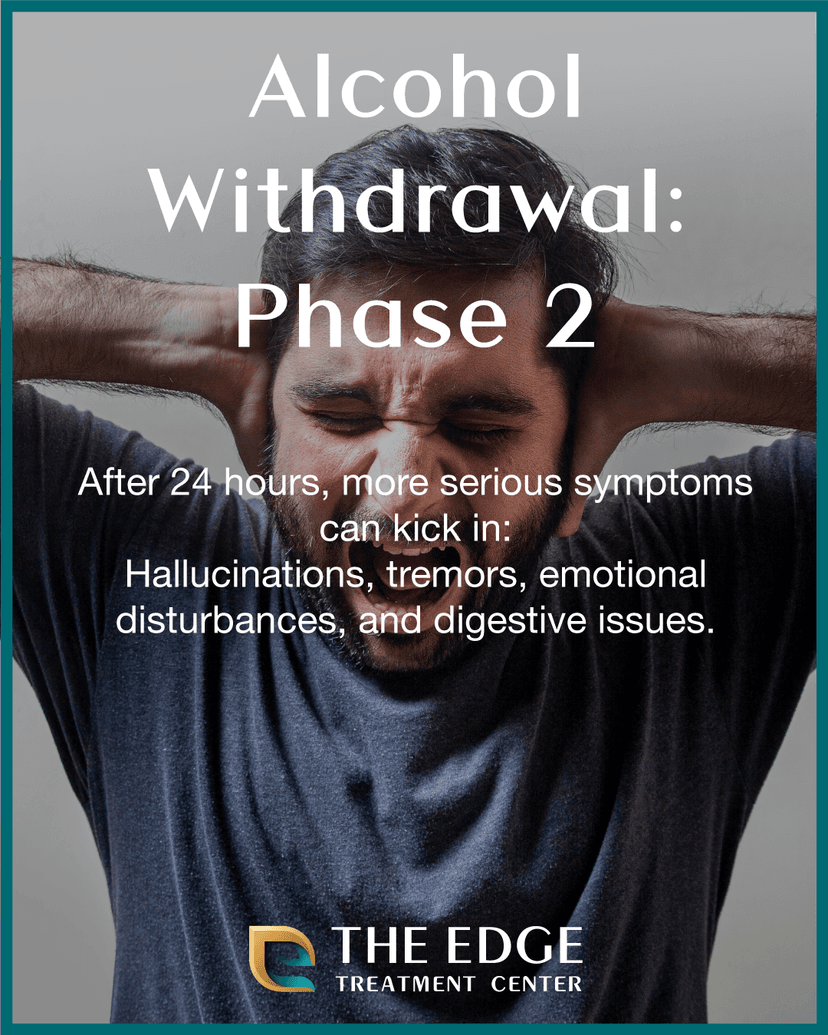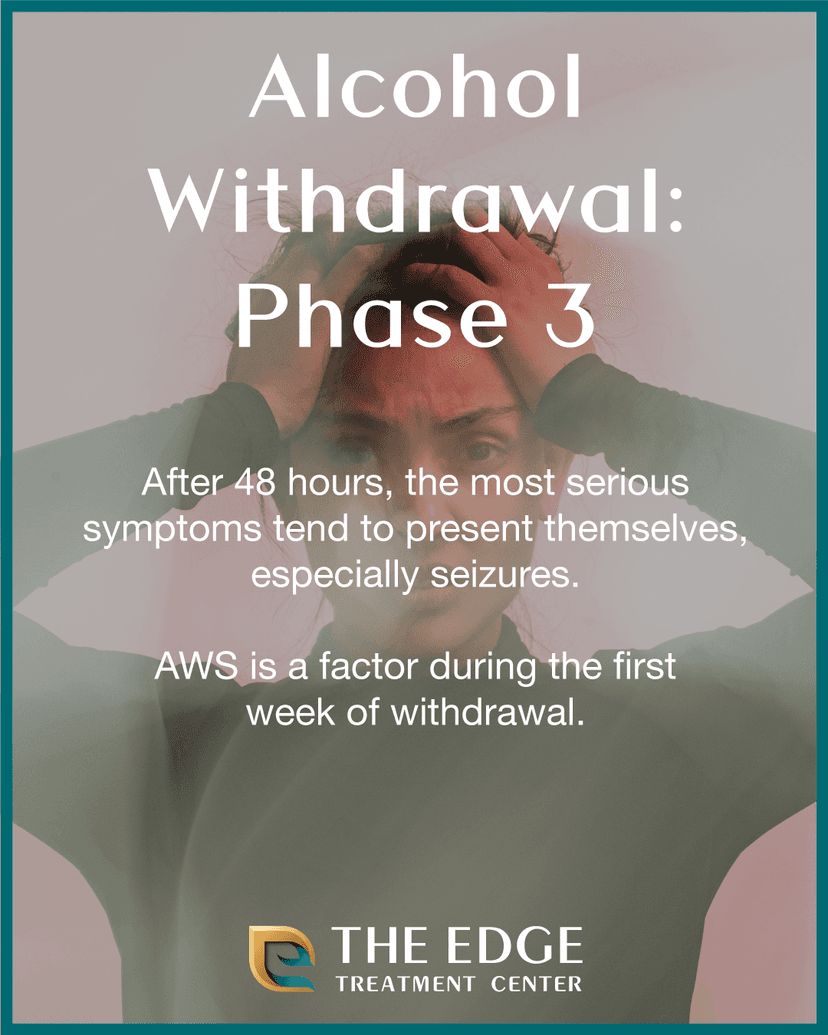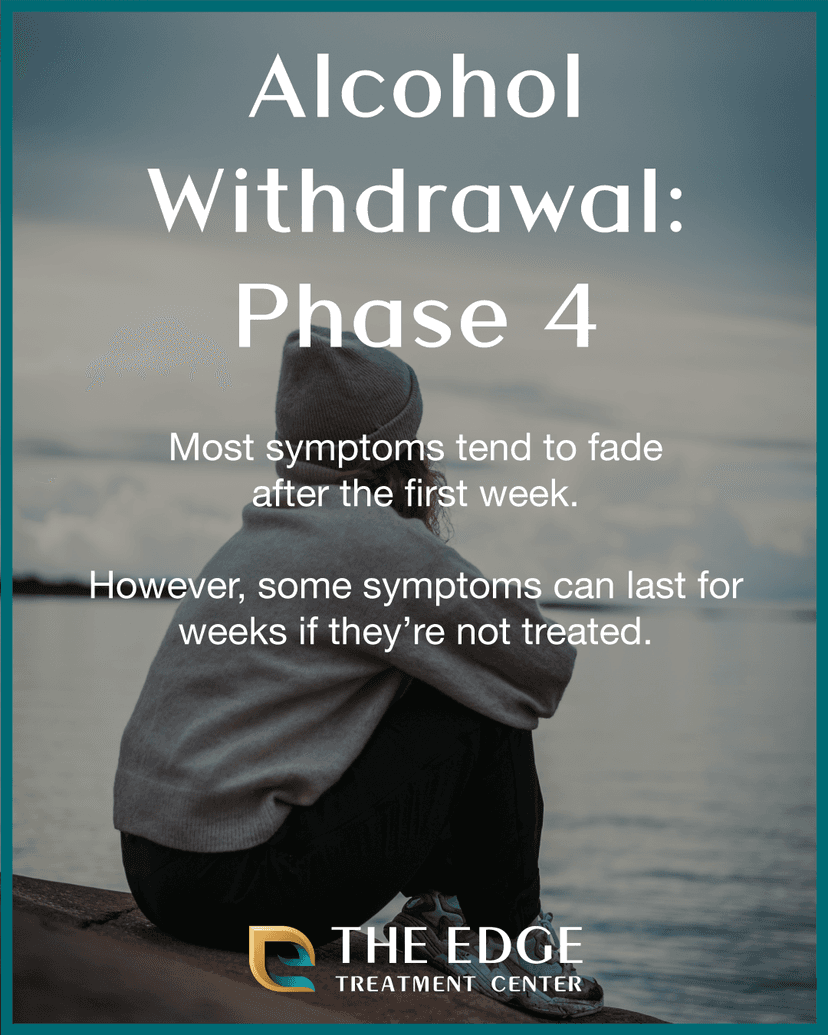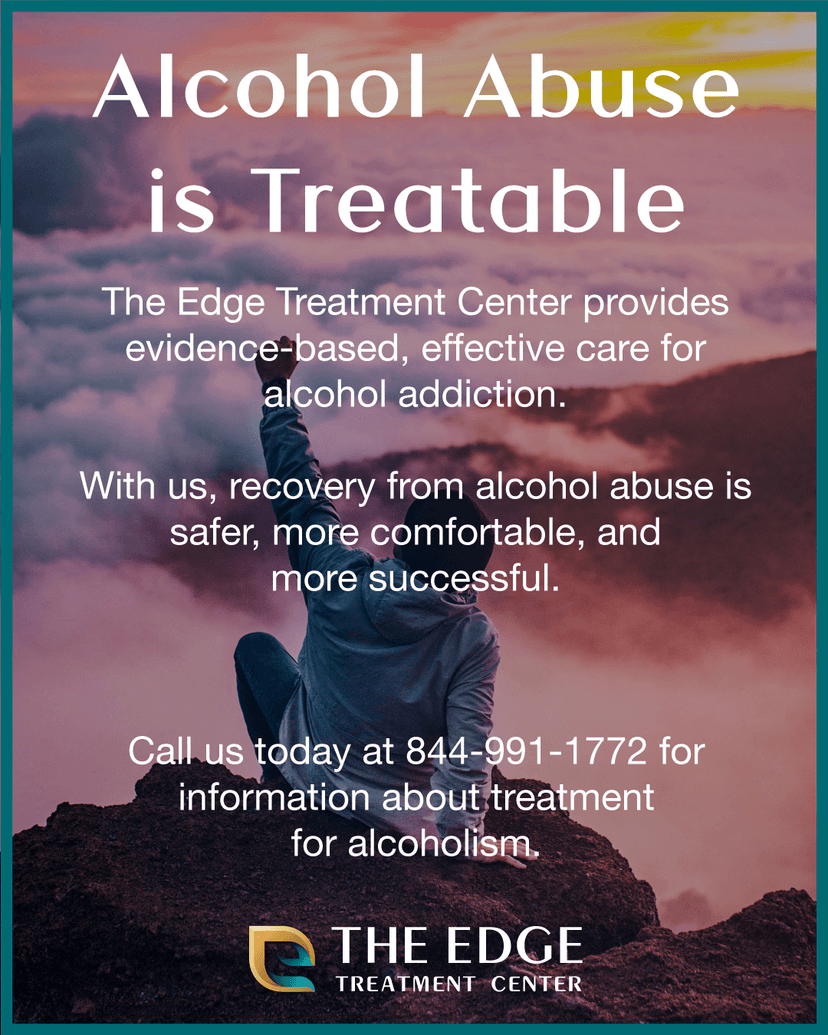Withdrawal From Drugs & Alcohol: How Long Does It Last?

Withdrawal from drugs& alcohol is never easy, but if you know what to expect, it can be less difficult. Learn more about withdrawal in our blog!
Withdrawal from drugs and alcohol is an often feared part of the addiction recovery process.
Addiction exists in various forms, from food to process addictions like gambling, but drug addiction is perhaps the most dangerous. Addiction is a chronic disorder that brings about physical and physiological damage to the affected person. While most people realize that getting admitted into a drug rehab program or a detox center is the first step to beating an addiction, few realize the challenges associated with trying to quit an addiction, whether at home or within a clinical setting.
Any attempts to stop an addiction come with challenges like intense cravings that can be impossible to control, leading to relapses. In addition to cravings, a person undergoing rehab treatment or detox is more likely to suffer from withdrawal symptoms, a significant barrier to completing a rehab or detox program.
Withdrawal symptoms can be serious enough for an ER visit and often need clinical intervention. This is a big reason many addiction professionals say withdrawal is easier to do at a drug rehab or drug detox center. It's safer, patients are more comfortable, and withdrawal symptoms are better managed.
So, many people in recovery want to know how long withdrawal from drugs & alcohol lasts. Well...it's hard to set a timeline for withdrawal as every type of drug addiction or substance abuse is associated with varying degrees of withdrawal symptoms. The management of withdrawal symptoms also differs for every person, as every individual has a different medical profile.
Still, most drug rehab centers talk about withdrawal timelines, so it's essential to understand more about the expected duration of withdrawal.
Withdrawal From Drugs & Alcohol: Understanding the Process
A person's individual history of drug use primarily dictates the severity of withdrawal symptoms and the duration of withdrawal. This is because addiction causes long-lasting changes in the brain.
Long-term addiction creates symptoms like any other neurological disorder. Addiction disrupts the brain’s function. It changes how the reward centers function in the brain. Our brains have a controlled ecosystem where the reward center is managed. Different neurotransmitters play an important role in keeping up this mechanism. Long-term use of drugs corrupts the brain’s chemical balance. This is how addiction can cause a lifetime of damage to the person’s mind, taking over the person’s ability to think, emote, react, and behave.
Fundamentally, addictive substances unnaturally interfere with how a person experiences happiness or relaxation.
As a person gets addicted to experiencing the sensation of being high, the chemical addiction takes over, rendering the person incapable of getting through a day without using drugs and alcohol. When a person stops using drugs, they experience withdrawal: Often extreme physical and mental discomfort as their body tries to return to its normal state without drugs. For most drugs, including alcohol, withdrawal is severe. In some extreme cases, withdrawal symptoms can be fatal. Withdrawal is always best done with professional supervision.
The Three Basic Stages of Withdrawal From Drugs & Alcohol
Withdrawal symptoms vary widely by person and substance. However, there are three basic stages to withdrawal symptoms themselves. They are:
Acute Withdrawal Symptoms
Acute withdrawal is the phase where withdrawal symptoms begin and reach maximum intensity. This phase can last from two or three days to a week.
Protracted Withdrawal Symptoms
Protracted withdrawal symptoms follow acute withdrawal. During this stage, symptoms start out at peak intensity, then gradually fade.
Prolonged Withdrawal Symptoms
Prolonged withdrawal symptoms can last for months in some cases. These symptoms tend to be more psychological than physical: drug cravings and mood disorders like depression and anxiety.

We’re Here To Help You Find Your Way
Would you like more information about drug and alcohol withdrawal? Reach out today.
Withdrawal Timeline: From a Few Weeks to Some Months
Quitting drugs is always difficult, especially when done on one's own or via the so-called "cold turkey" approach. More intense withdrawal symptoms are associated with long-term drug use.
This is why professional rehab specialists recommend never attempting the cold turkey approach. When tried, it can even lead to organ damage. The person might make it through an unsupervised detox but it could have negative implications that permanently affect the behavior and personality.
Some of the most common symptoms of withdrawal to expect for most types of drug addictions:
Sweating
Sleeping problems
Agitation
Hallucinations
Vomiting
Runny nose or congestion
Tremors
Seizures
Coma
Death Fatigue
Heart palpitations
Flu-like symptoms
Mood swings
Depression
Muscle or joint pain
The timeline of drug addiction withdrawal can vary due to some factors, like:
How much of the drug was recently consumed?
What is the duration of the substance abuse?
How was the drug used – snorted or injected?
Was it one drug or a cocktail of drugs?
Have there been any recent attempts to quit the addiction?
What is your genetic profile like?
What is your overall health profile like?
Withdrawal timelines are often grouped as:
Acute withdrawal
Protracted withdrawal
Post-acute withdrawal syndrome (PAWS): An emerging field of study where withdrawal symptoms are experienced over a longer period of time.
Every physician might not have the skill to manage withdrawal symptoms. In a licensed drug treatment center, withdrawal management is a serious concern and often, different drugs are used for:
Reducing the intensity of the withdrawal symptoms
Reducing the length of the withdrawal duration
Controlling the risk of self-harm during withdrawal
Ensuring that the person does not turn hostile or violent during withdrawal
How long does withdrawal last for some common drugs
Next, let's look at the withdrawal timeline for various substances.
Withdrawal From Drugs & Alcohol: Opioids Withdrawal Timeline
Opioids like oxycodone and hydrocodone are among the most commonly abused substances. The epidemic of heroin and fentanyl abuse has been recorded in many regions of the US. Withdrawal from opioid drugs can affect a person's mental resolve. The symptoms are flu-like and unpleasant. There is some risk that, if not managed in a clinical environment, extreme opioid withdrawal could even cause seizures. Unmanaged withdrawal can also potentially cause blackouts or coma in people with pre-existing conditions.
Opioid addiction withdrawal often causes relapse. Withdrawal symptoms from opioids can start as soon as a few hours after the drug was last used. Also, opioid withdrawal can depend on how quickly the drug acts:
Short-acting opioids: These include prescription painkillers and street drugs like heroin. Short-acting opioids present a similar withdrawal timeline where symptoms usually begin eight to 24 hours after the last use. Withdrawal can last from four to 10 days; in some cases, it might go up to two weeks.
Long-acting opioids: With these, it can take anything between 48 and 96 hours for the withdrawal symptoms to surface. The withdrawal symptoms are expected to lose intensity in about 10 days.

We’ll Lead You to New Heights
Do you have more questions about drug and alcohol withdrawal? Reach out.
Withdrawal From Drugs & Alcohol: Stimulant Withdrawal Timeline
Addiction to stimulants, such as Adderall, or illegal drugs like methamphetamine and cocaine is associated with serious withdrawal symptoms. Here, the initial stages of withdrawal are associated with a psychological and physical "crash," a period of complete exhaustion. If the person is at their job or a work site when the crash hits, the person could harm himself or others around him.
The withdrawal crash is often followed by depression. When the mind tries to rebalance itself after stimulant abuse, a person can panic or seem extremely anxious. Such withdrawal symptoms can last for a few months. The timeline for the onset of such symptoms varies from two to five days since the last use of the stimulant, soon followed by a week when the withdrawal symptoms peak and start to weaken.
The mental withdrawal symptoms of stimulant withdrawal can continue for a few months among people who have been using the substance for a long time.
Withdrawal From Drugs & Alcohol: Benzodiazepines Withdrawal Timeline
Benzos like Valium and Xanax are unfortunately common drugs to abuse. Withdrawal from benzodiazepines can be hard. For most benzo users, withdrawal symptoms surface within 24 to 96 hours since last using the drug. The symptoms are expected to peak for the first two weeks and then start subsiding. But benzo addiction and withdrawal have a unique dynamic: Sometimes, the after-effects of no longer using the drug can be felt for months or even years, even after completing rehab.
Many types of prescription benzo medications are available for treating anxiety and insomnia. There are short and long-acting benzos and each chemical formula brings about its own set of withdrawal symptoms and timelines.
Short-acting benzodiazepines: An addiction to fast-acting benzos may cause withdrawal symptoms within a few hours after last using the substance. The timeline tends to average around a week.
Long-acting benzos: Addiction to prescription medications like Valium is expected to cause withdrawal symptoms that can last up to two weeks. It might take a month or even longer before the withdrawal symptoms disappear entirely.

We’re Here To Help You Find Your Way
Do you need advice about drug and alcohol withdrawal? Reach out today.
Withdrawal From Drugs & Alcohol: Alcohol Withdrawal Timeline
Symptoms of alcohol withdrawal might take a bit more time to surface since the last drink. The person might feel symptoms one to three days after last consuming alcohol. In cases of chronic addiction, Delirium tremens can start as early as 48 to 72 hours after the previous instance of binge drinking.
Withdrawal from alcohol after long-term alcohol abuse can cause seizures. Alcohol withdrawal must always be done in a medical facility for maximum safety.
Withdrawal From Drugs & Alcohol: Mitigating Withdrawal and Reducing Timeline & Severity
There is the only way to reduce the duration and severity of withdrawal symptoms: Seek professional help instead of attempting to detox at home.
Withdrawal symptoms can be made easier to endure with medications prescribed by experienced rehab specialists. These medications could be as simple as common painkillers or special formulas that help to keep away problems like psychosis or extreme anxiety often seen in withdrawal associated with long-term substance use.
These medications help to keep away the onset of chronic depression and can prevent delirium. Withdrawal symptoms like hallucinations are best controlled with such medications. However, there are no magic pills that make withdrawal symptoms go away. Even with the best medical help on offer in a good drug rehab center, it might take time to mitigate the symptoms.
Only a premier drug detox facility can provide a safe environment. At the same time, the best withdrawal management techniques and medication are tried, ensuring the person does not get the chance to use them again. Relapse during withdrawal is best controlled within a supervised and clinically prepared facility that cannot be created at home.
By using a combination of different prescription medications, such facilities ensure that the person does not succumb to using the substance again, boosting the chances of successfully completing detox. However, it would be best if you spoke about this aspect of drug addiction treatment with the rehab's admissions team, as the details might not be advertised.
If the addiction is serious, long-term, and more likely to cause extreme withdrawal symptoms, you should also ask about staging an intervention. If the person seeking treatment has a history of psychological problems, withdrawal symptoms lasting a few days can create the worst mental symptoms.
Again, you need to ask the facility about the preparedness for such treatment risks.

We’ll Lead You to New Heights
Would you like more information about drug and alcohol withdrawal? Reach out today.
Don't Be Scared of Withdrawal From Drugs & Alcohol: The Edge Treatment Center Will Help You Through
All drugs have withdrawal symptoms of some kind. The Edge Treatment Center knows how intense withdrawal can be. It's why we help our clients find the best detox center for their needs. We have deep, trusted relationships with the leading drug detox centers in the US, and we'll ensure your first steps into recovery are the best possible.
Our outpatient drug rehab will help you continue your successful recovery. We'll help you develop the right coping skills and resources you need to power through withdrawal into a happy life without substance abuse.
If you want to know more about how we can help you get through withdrawal symptoms safely, comfortably, and successfully, reach out to The Edge Treatment Center today.

We’re Here To Help You Find Your Way
If you or a loved one is struggling with addiction, there is hope. Our team can guide you on your journey to recovery. Call us today.



